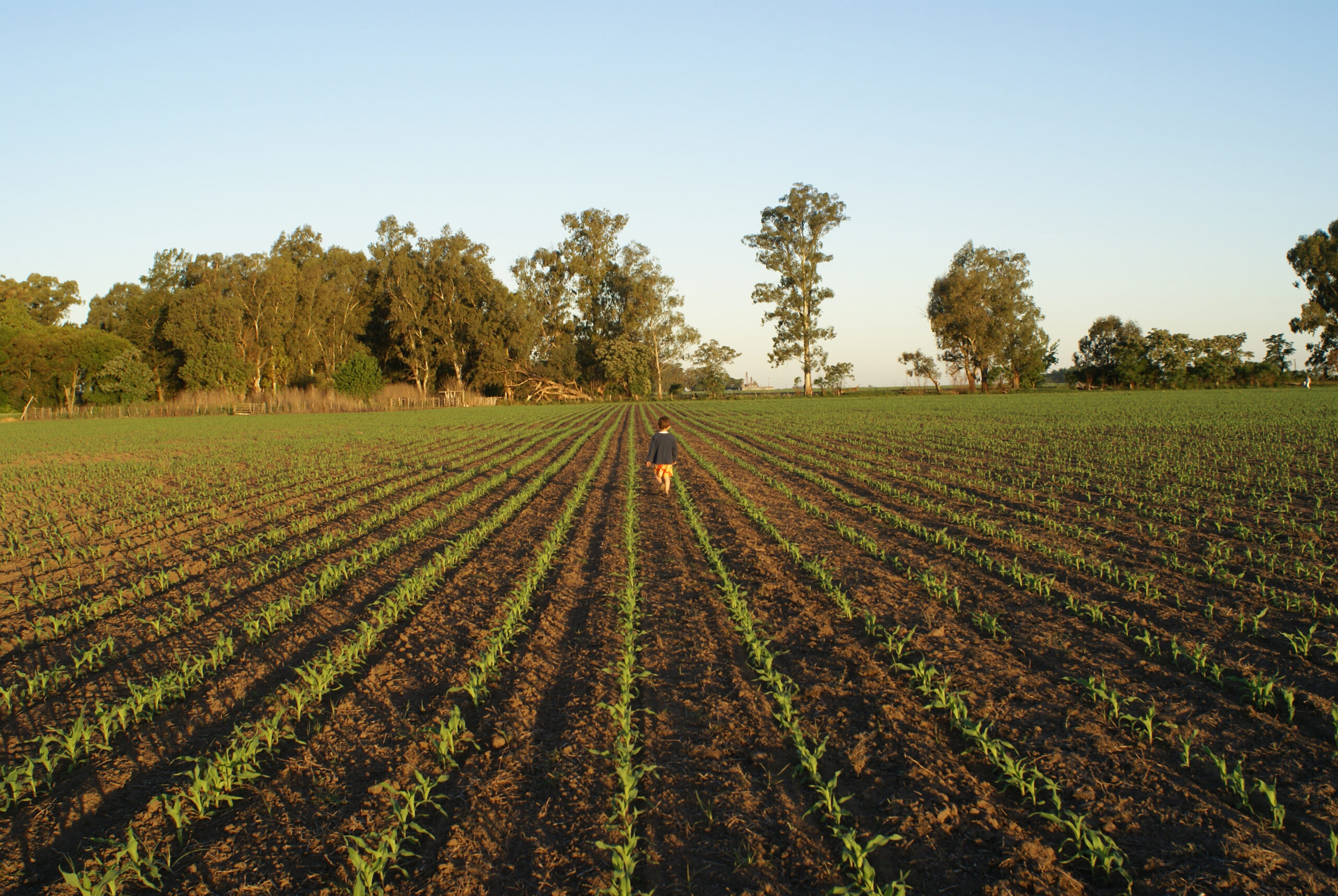January 2021
—
Volume 21, No. 1
Equity in Rural Education
Rural schools are the heart of community life, but they face significant challenges that the pandemic has only magnified. The January 2021 issue explores the state board of education and policymaker role in many of these factors: a lack of resources, cultural and virtual isolation, poverty and demographic trends, educator recruitment and retention, and risks to student health and well-being.

Identifying Risks to the Well-Being of Rural Young Children and Families
By Sara L. HartmanThe pandemic compounded an array of preexisting health and wellness challenges in many communities.
Teacher Recruitment and Retention in Rural Colorado
By Kirk BanghartRural districts band together, with help from partners and grants, to attract and keep teaching staff.
Colorado’s Network for Local Accountability
By Kirk BanghartA network of rural peers help districts design meaningful, timely, community-connected accountability.
Professional Learning in Appalachia
By Melissa Tooley and Sabia PrescottMicrocredentials show promise in overcoming the challenges of offering rural educators high-quality opportunities.
Challenges Facing Schools in Rural America
By Mara Casey Tieken and MK MontgomeryIn schools accustomed to making a little go a long way, the pandemic increased the burden.
Online Learning for Rural Students
By Reg LeichtyExpanded rural broadband service can help overcome inequitable access to digital instruction.
Opinion
The NASBE Interview: Fern Desjardins, Robin Stevens, and Sandra Kowalski
By Fern Desjardins, Robin Stevens and Sandra KowalskiThe rural perspective needs to be brought to the state board. There are so many implications.
NCOSEA Voice: What State Education Agencies Need to Know about FERPA
By Julie C. TollesonState boards can set the vision for sharing data to serve the interests of students, families, and schools.
State Board Voice: School Meals: A Basic Ingredient for Equity
By Pamela L. Davis-VaughtA critical lifeline now, school meals will continue to help level the playing field for future generations of students.
We the Media: Family Engagement during the Pandemic
By Renée Rybak LangState boards should seize every opportunity to help schools strengthen bonds with families.
From the President’s Pen: Mind the Gaps
By Robert HullWhere are the access and opportunity gaps that you need to bridge in your state?











 i
i
 i
i